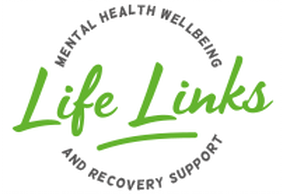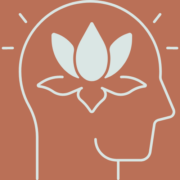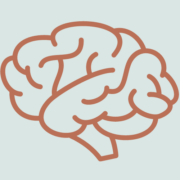Written by Mahfuza
What is Ramadan?
Ramadan is the ninth month of the Islamic calendar. This precious month is cherished by Muslim’s all over the world where they fast, pray, self-reflect & give charity. Muslims believe that Ramadan is the month when the first verses of the Holy Book the Quran were revealed to the Prophet Muhammad (PBUH) more than 1,400 years ago. The fast entails abstinence from eating, drinking (yes, not even water!) and sexual relations from pre-sunrise to sunset to achieve God consciousness. Ramadan is more than abstaining from the above. It is also about creating healthy habits, discipline, breaking unhealthy cycles, trusting and gaining closeness to God. The liveliness, peacefulness & community spirit of this month is incomparable.
Muslim’s focus on being mindful; mindful of our eating habits, how we spend our time, the way we interact with others, our mental health, improving our character and being grateful. The mindful way we spend our days to maintain the authenticity of our fast gives us a peek into how we are capable of living for the rest of the year and helps us sustain good habits long after Ramadhan is over. In the last days of Ramadan, Muslim’s are required to pay a charitable tax known as Zakat, to help those who are less fortunate. Thereafter, Muslim’s celebrate Eid al Fitr which marks the end of the fast of Ramadan by spending time with family and friends, rejoicing with food and drink and providing one another with gifts.
*Many categories of Muslim’s are exempt from fasting including children, the elderly, pregnant or menstruating women, those who are sick, physically, or mentally incapable and those travelling.
Fasting during Ramadan can have great mental health benefits:
Tips to manage your mental health in Ramadan
Practice Mindfulness
Practicing mindfulness is essential to personal development, as it instructs you to pay attention to yourself and allows you to comprehend your thoughts and senses. You can spend your free time practicing what really enhances your mind with peace and calmness such as reading the Holy Quran.
Rest and Recharge
During this precious month, it is vital to form a new sleep routine to ensure you get enough rest. This is necessary for recharging your battery. Getting at least four hours of sleep after the final prayer Tarawih (a voluntary Ramadan night prayer) which means to rest and relax is important. This will help your body recharge and getting a few extra hours of sleep after Suhoor (the pre-sunrise meal) will help you rest.
Eating nutritious meals at Iftar (the sunset meal)
Aiming for fluid rich foods with natural sugars like dates can be helpful in maintaining a nutritious diet. Hydrating suitably with water-dense foods like fruits and vegetables (watermelons, berries, cucumbers & tomatoes etc) is essential. Drinking coconut water is a good natural electrolyte and high in potassium. Suhoor (the pre-sunrise meal) can include high fibre and whole grains such as oats, yogurts and smoothies which will help you feel full during the day. However, it is important to eat balanced meals and still allow yourself to eat the foods you enjoy!
Exercise moderately to boost energy
Exercising while fasting will help you to sustain your mental health, reduce your stress levels and decrease fatigue. It is vital to avoid overworking your body by choosing the appropriate intensity and type of activity. For example, taking a fast-paced walk for at least 30 minutes everyday is highly beneficial to your health and mental well-being, additionally going to the gym an hour before Iftar (the sunset meal) may be beneficial.
Spend time with your beloved ones
Sharing and spending time with others will help enhance your well-being by giving you a sense of purpose and will strengthen bonds. Ramadan is a great time when you can share the positive feeling with your friends and families.











